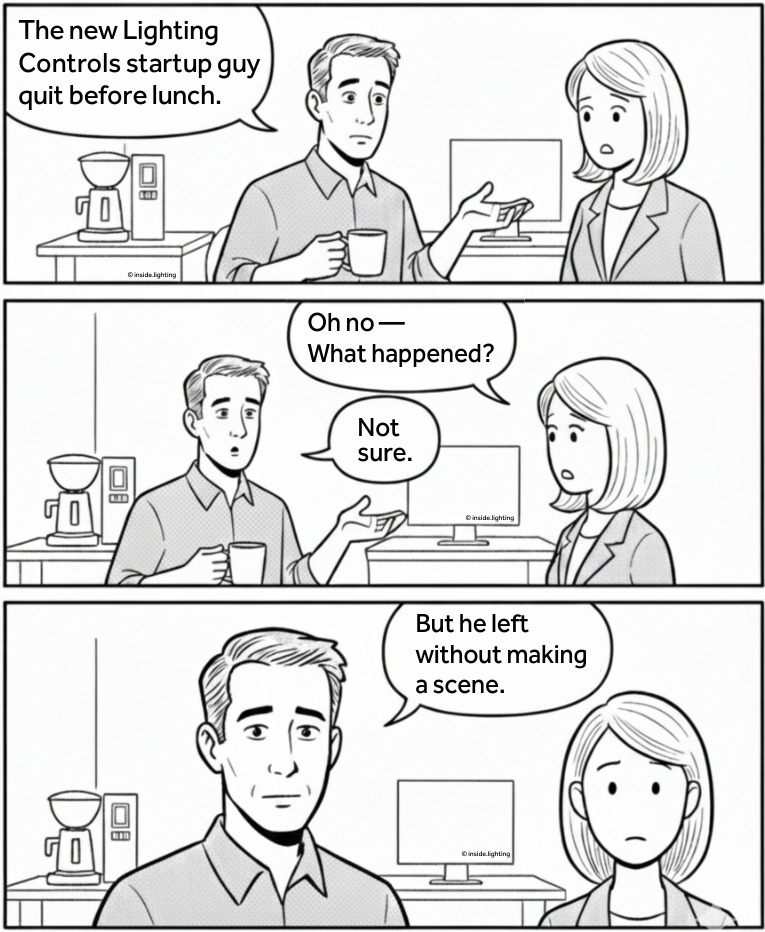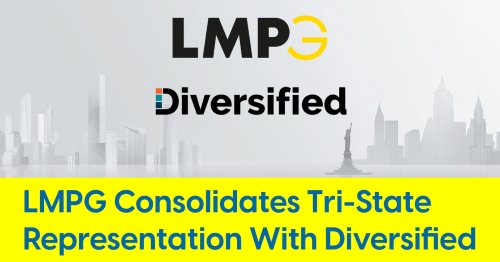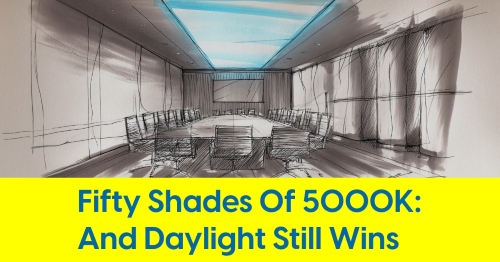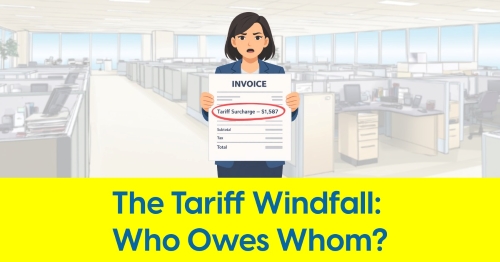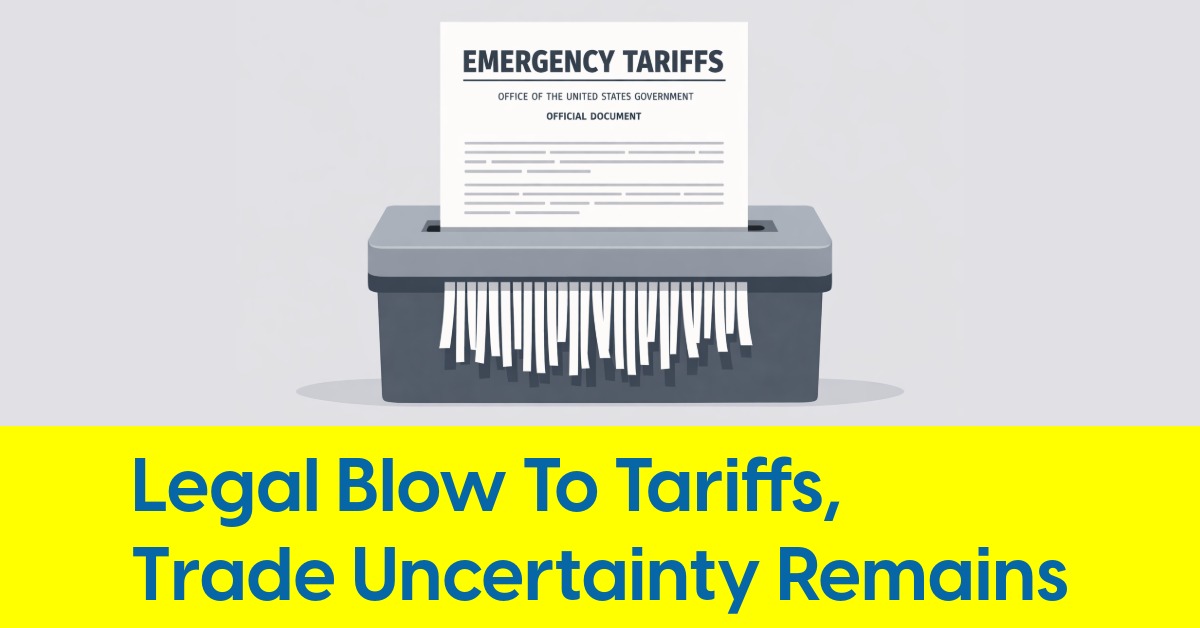July 22, 2025
Current and LAI Settle Georgia Breakup Lawsuit
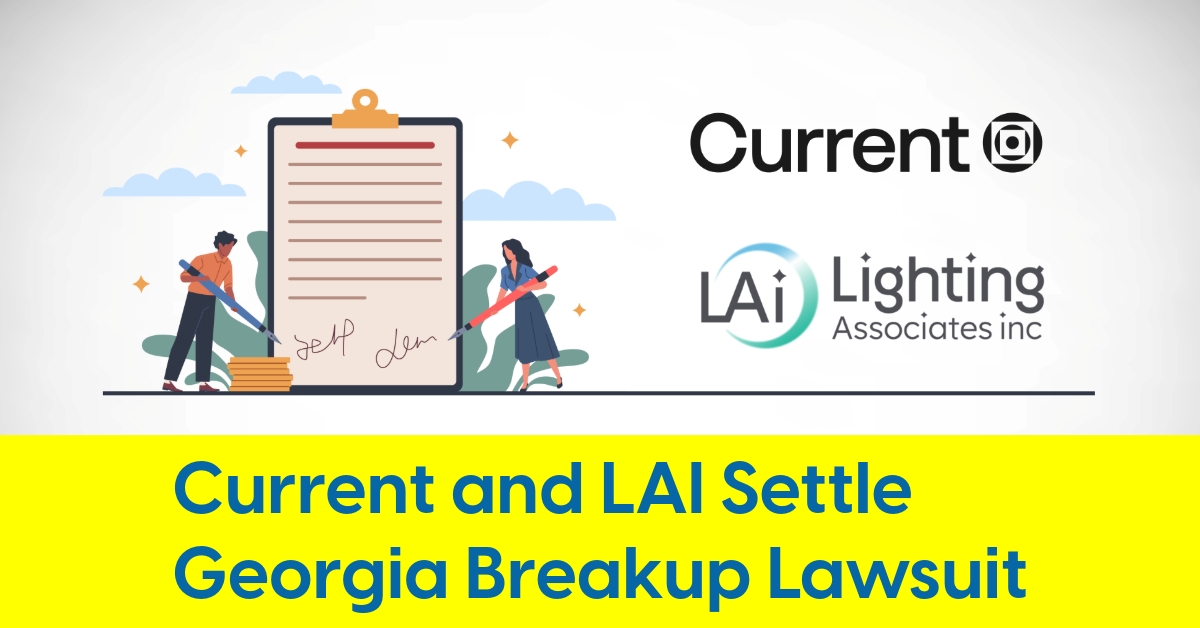
Lighting manufacturer and ex-agent end litigation over Georgia contract breakup
In the end, it didn’t end with a bang. It ended with a paragraph.
Nearly three years after Current (formerly Hubbell Lighting) filed suit against its former Georgia sales rep, Lighting Associates Inc. (LAI), a terse one-page court order confirmed what had already begun taking shape behind closed doors: the parties have settled. The dismissal, filed July 14, 2025, notes the case is dropped “without costs and without prejudice,” giving both sides 60 days to enforce the confidential settlement if needed.
For those who haven’t kept up with the slow-drip drama, the lawsuit began in September 2022, shortly after LAI abruptly ended its eight-year exclusive relationship with Current to rejoin its former partner, Acuity Brands. At the time, Current claimed the move was a breach of contract — a costly one that could lead to “several million dollars in damages” stemming from lost profits and an unamortized signing bonus.
A Contract, A Clause and Other Agents Roped In
The core of the dispute centered on timing. Specifically, whether LAI had the right to exit its contract 15 months before the stated end date, December 31, 2023. Current said absolutely not. LAI argued yes, pointing to an amended clause that allowed it to terminate “for any reason,” so long as it repaid the remaining portion of its signing bonus.
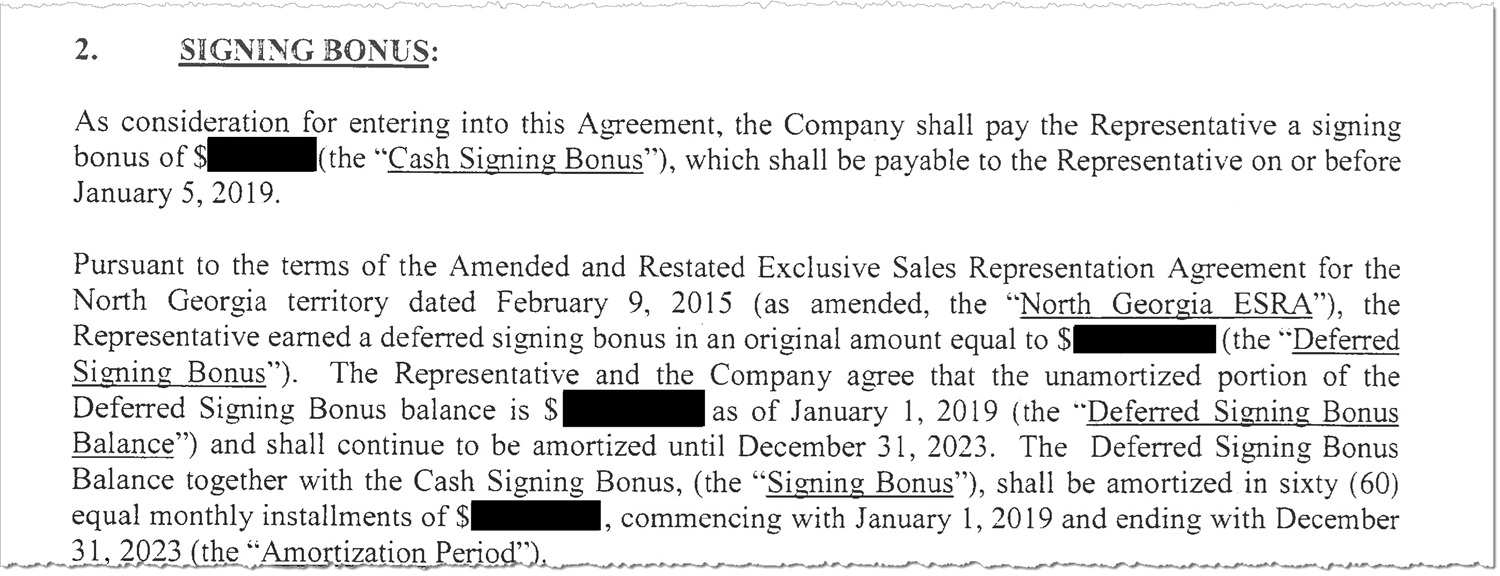
Above: Excerpts from Current’s original complaint. Contract terms were redacted in the publicly filed document.
The two sides didn’t just disagree — they launched parallel legal narratives.
In November 2022, LAI counterclaimed, alleging that Current owed them unpaid commissions for work done in the final months of the relationship. Their filing painted a picture of a rep firm that had played by the rules and expected, at minimum, to be paid for its closing act. Among other things, LAI accused Current of unjust enrichment and demanded an accounting of commissions owed, even seeking statutory penalties under South Carolina law.
The dispute didn’t just stay between the two main players. At one point, the lawsuit spilled outward, as subpoenas were issued to other Atlanta-area lighting agents. These non-party subpoenas, contested and at times resisted, dragged in two significant firms: Smart Lighting Solutions, which had recently lost the Acuity Brands line to LAI, and Southern Lighting Source, which continues to represent Current's GLI Brands that were not included in LAI’s line card.
Ambiguity at the Heart of It
In May 2025, the U.S. District Court in South Carolina finally weighed in. In a 25-page opinion, Judge Timothy Cain declined to declare either party the definitive winner. He found the contract’s language “reasonably susceptible of more than one interpretation,” ruling that ambiguity precluded summary judgment on most claims.
Still, the order wasn’t a total draw. Cain did dismiss LAI’s unjust enrichment counterclaim, siding with Current’s argument that such a claim couldn’t stand when both parties acknowledged a valid contract governed their relationship. But the judge refused to toss LAI’s demands for unpaid commissions, rejecting Current’s claim that LAI’s exit excused it from further payments.
That left the case in a delicate equilibrium: no clear liability, no clean escape, and both parties likely staring down the costs of further litigation.
A Quiet Resolution, on Confidential Terms
Then came the silence. Over the ensuing two months, the docket saw little action — until the July 14 dismissal.
In a brief statement, a Current spokesperson confirmed the resolution:
“Current is pleased the parties amicably resolved this matter. Current remains committed to achieving continued success in the marketplace in collaboration with our existing agency partners.”
LAI, for its part, has not issued a public statement.
If the legal language feels subdued, that may be by design. The order allows either side to petition the court within 60 days to enforce the deal — suggesting terms were documented, but not disclosed.
A Lawsuit, a Lesson
In the end, this was less a dramatic rupture and more a drawn-out business dispute — albeit between two major players. One, the dominant lighting agent in Atlanta. The other, a national brand with legacy lines and evolving ambitions. The disagreement was about timing, obligations, and contractual interpretation — nothing more, nothing less.
It didn’t break the market. It didn’t upend the industry. But it did highlight something familiar: even long-standing partnerships in lighting aren’t immune to friction when strategies shift and loyalties change.
Now, with the paperwork signed and the case dismissed, both sides move forward — possibly a bit more cautiously than before.

